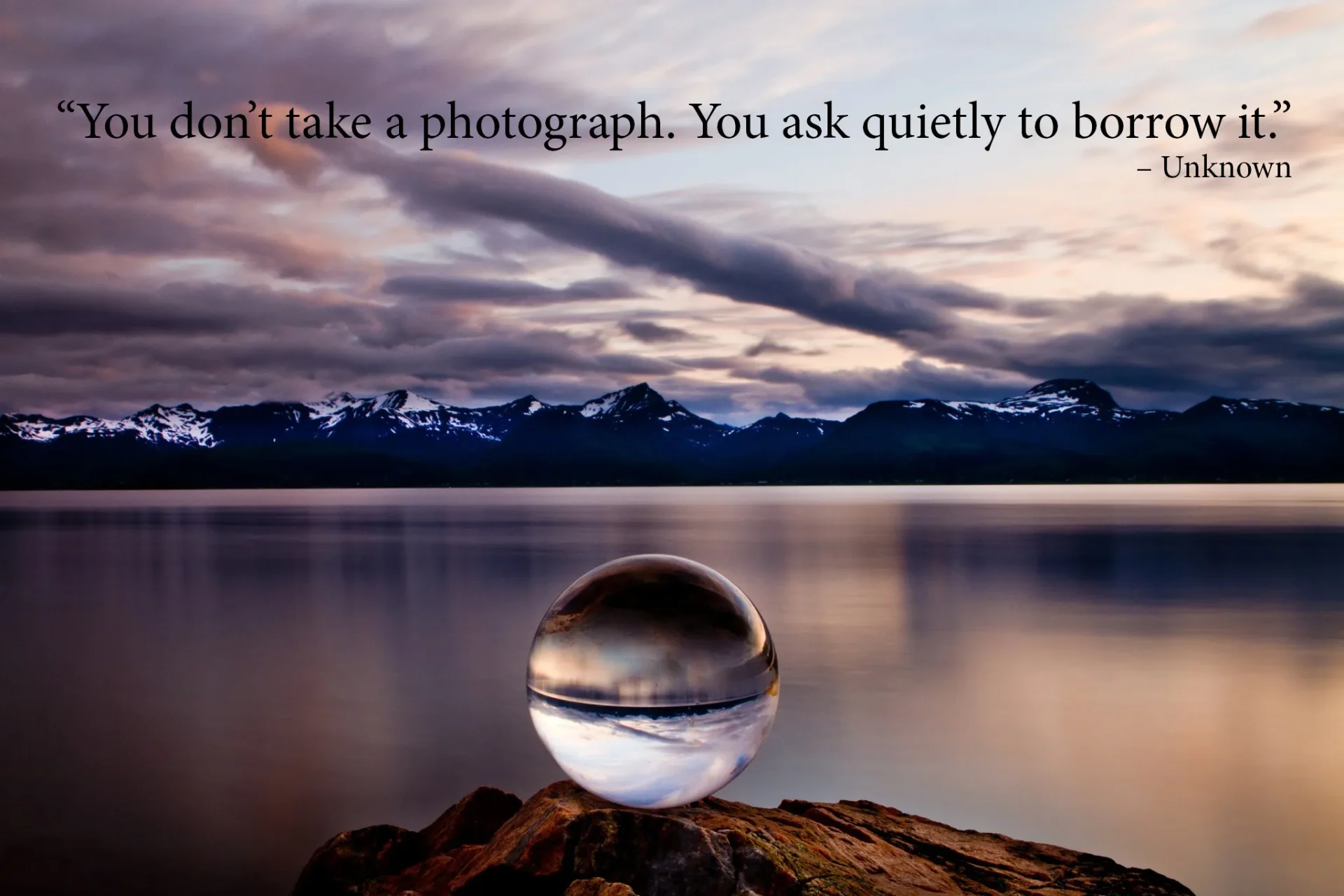In our hectic lives, the phrase ‘stressed out’ has taken over a significant portion of our conversations. But did you know that the stress you’re experiencing could also be affecting your vision? This isn’t just about metaphorical ‘tunnel vision.’ Let’s plunge into the interconnected world of stress and vision.
Connecting the Dots: Stress and Vision
Stress, whether it’s mental, emotional, or physical, triggers a ‘fight or flight’ response in our bodies. This physiological reaction results in the release of adrenaline, which can lead to several cascading effects. One of those effects could manifest in your eyesight. Surprising, isn’t it?
The Science Behind the Scenes
When stress levels surge, your body diverts energy to the vital organs you’d need to either ‘face the beast’ or ‘run for the hills.’ In such scenarios, the eyes might suffer, leading to blurred vision or other disturbances.
Common Stress-Related Vision Problems
- Blurred Vision: Stress can cause the pupils to dilate, altering your focus and leading to blurred vision.
- Tunnel Vision: You might lose some of your peripheral vision, creating a ‘tunnel’ effect.
- Light Sensitivity: Stress can make eyes more sensitive to light, making it uncomfortable to be in brightly lit environments.
- Eye Twitching: Also known as ‘myokymia’, this is a common symptom of stress.
- Dry or Wet Eyes: Stress might disrupt the tear production process, resulting in either dry or excessively wet eyes.
FAQ: Is this Damage Permanent?
Generally speaking, these visual changes are temporary and should subside once your stress levels decrease. However, chronic stress might lead to persistent vision problems and should be treated with professional medical help.
How to Relieve Stress-related Vision Problems
Given the connection between stress and vision, managing stress effectively can help alleviate these vision problems. Here are few strategies:
- Learn Relaxation Techniques: Practicing mindfulness, meditation, or yoga can help reduce stress levels.
- Healthy Lifestyle: Maintain a balanced diet, get regular exercise, and ensure you get enough sleep.
- Regular Eye Exams: Regular examinations can help detect any changes in vision early.
When You Should Seek Help?
If your vision problems persist even after your stress levels have decreased, or if they’re severely impacting your day-to-day life, it’s essential to seek professional help.
The holistic perspective in understanding how stress affects your vision is not just about recognizing the complex relationship between the eyes and the brain, but also about embracing strategies to manage stress and ensure our vision remains unimpaired.
Summary: Is Stress Clouding Your Vision?
Stress can wield a worrying influence over many aspects of our physical health, including, as we’ve discovered, our vision. Acknowledging the signs early can pave the way for stress management and help forestall more serious problems. Remember, roadmaps to tranquillity often require a willingness to explore new routes.

